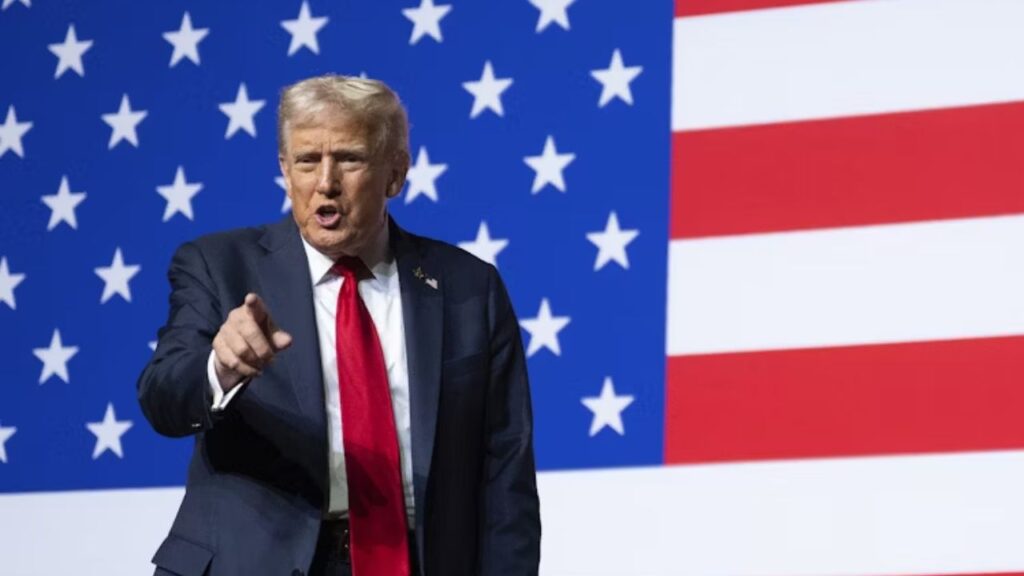The United States federal government has entered a shutdown for the first time since 2018 after lawmakers in Congress failed to reach an agreement on a funding package. The deadlock between Republicans and Democrats has forced non-essential government operations to halt, affecting services both within the country and abroad.
US Embassy in India Issues Statement
Amid the funding lapse, the US Embassy in India announced on X (formerly Twitter) that its social media account will not be updated regularly during the shutdown. The embassy clarified that only urgent safety and security information would continue to be shared until normal operations are restored.
“Because of the lapse in appropriations, this X account will not be updated regularly until full operations resume, with the exception of urgent safety and security information,” the statement read.
Why Did the Shutdown Happen?
Each year, Congress must pass spending bills by October 1—the start of the US fiscal year—to keep the government funded. This time, no appropriations were approved before the deadline.
Republican lawmakers attempted to move forward with a short-term funding plan, known as a continuing resolution (CR), to extend government operations until November 21. The proposal aimed to maintain existing spending levels.
Democrats, however, opposed the measure, pressing instead for the inclusion of a permanent extension of health insurance subsidies due to expire at the end of 2025. The disagreement resulted in a stalemate, triggering the shutdown.
The last shutdown, in December 2018, lasted 35 days—making it the longest in US history.
What the Shutdown Means
During a shutdown, non-essential services are suspended. This includes disruptions to visa and passport processing, closures of national parks, and slowdowns in agencies such as NASA and the Department of Education.
Essential services, however, continue to function, though many employees must work without immediate pay. These include airport security officers, border patrol agents, air traffic controllers, the FBI, CIA, and Coast Guard.
Speaking to reporters, former President Donald Trump noted the wide impact of such shutdowns, stating, “When you shut it down, you have to do lay-offs, so we’d be laying off a lot of people that are going to be very affected.”

